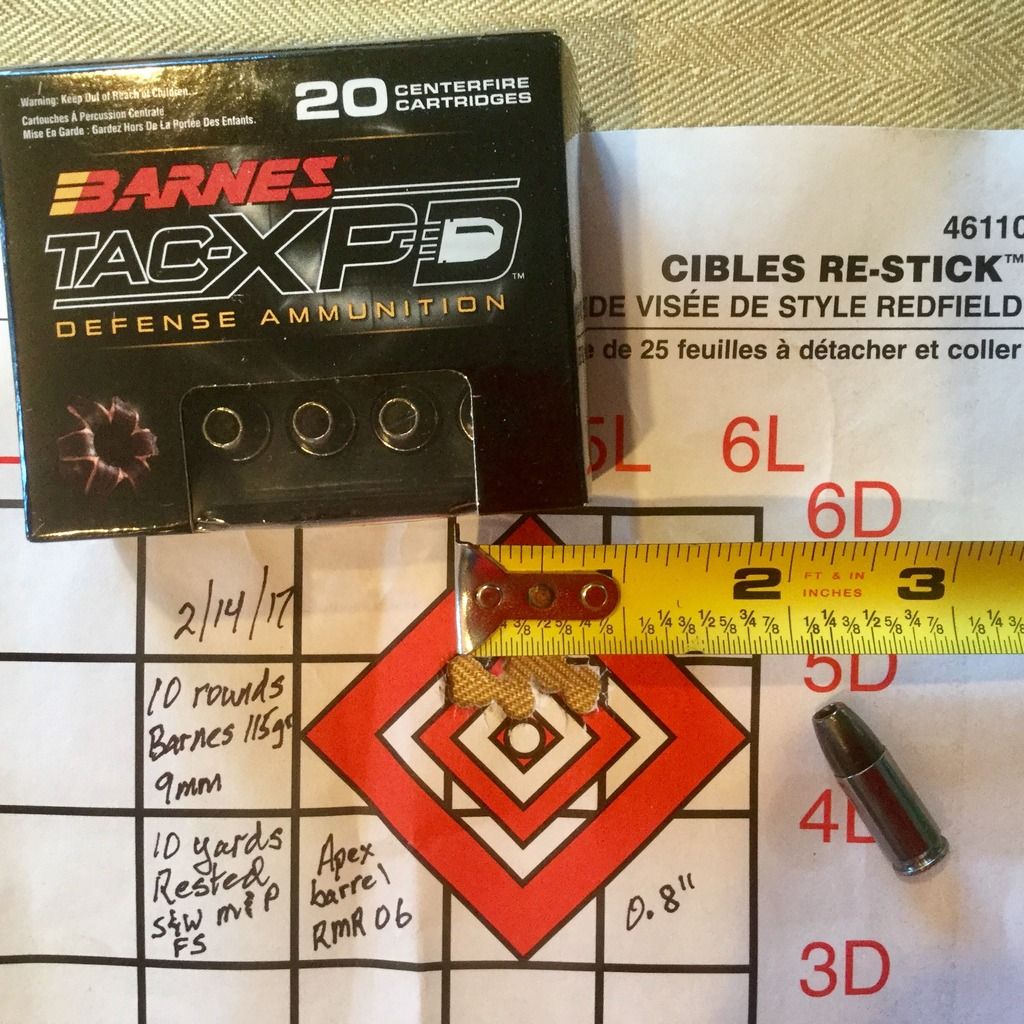All manufacturers are trying to meet the FBI qualifications for penetration and expansion with and without barrier penetration. For civilian defense, barrier penetration is of less significance.
Firing a round that is accurate and controllable is important. Standard pressure ammo is usually more controllable than higher pressure rounds. It is also less expensive, and you can find FMJ practice rounds that mimic your carry ammo. Standard pressure rounds will also usually give you faster and more accurate follow-up shots. Standard pressure rounds meet FBI specs, as do higher pressure rounds, but there really is no advantage to them.
There are many good and affordable rounds that meet the above recommendations. No one round is likely to give you the ultimate golden bullet edge some seek, because terminal performance has so many variables. The FBI testing looks for consistency and predictability, yet in actual use this is very hard to quantify. Having confidence in your carry ammo is comforting.
My personal choice--not meant to belittle anyone else's--is to practice with quality brass cased 115 grn FMJ and carry the only round Lucky Gunner and others have shown to consistently expand to .70" AND penetrate 13+" AND retain 99+% of its weight. That is, almost anyone's loading of the Barnes XPB 115 grn solid copper expanding bullet.
Because they retain their weight better than other bullet styles and expand concentrically, they penetrate deep and straight. That expansion of .70" is almost 100%, as good as an average .40 S&W and many .45 ACP's. Yes, you are basically shooting a consistently predictable 70 caliber 9mm.
Con: they are expensive, but worth it my opinion.
BTW, faster does not always mean better, even for penetration and certainly not for expansion. Bullets can overexpand because of high velocity, that is, they lose parts, have expanded portions break off, have the expanded portion lay back against the body of the bullet, actually reducing expansion. This may increase penetration, but often the bullet becomes unbalanced and will not track straight.
Disclaimer: I worked for Barnes and watched FBI gel tests on dozens of manufacturers' rounds from rifles and handguns. Some performed as well, but none performed better than the Barnes bullets. Most manufacturers now have copies of the XPB since the patent ran out, but few match the consistent results from over 20 years of Barnes experience. The biggest advantage to similar performing competitors? They are cheaper.
